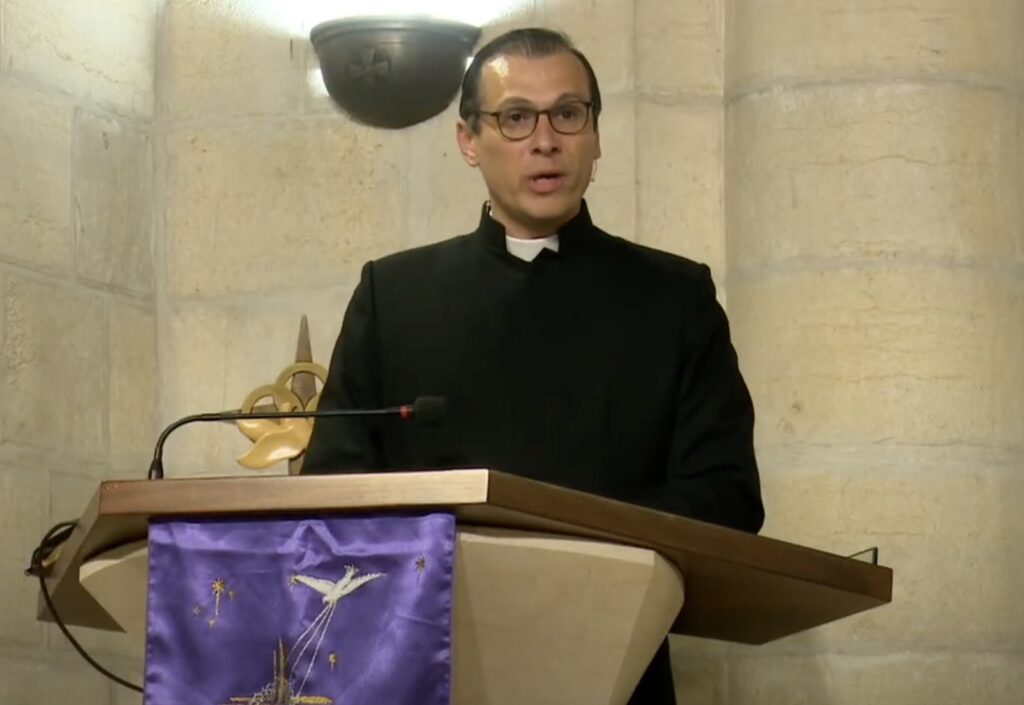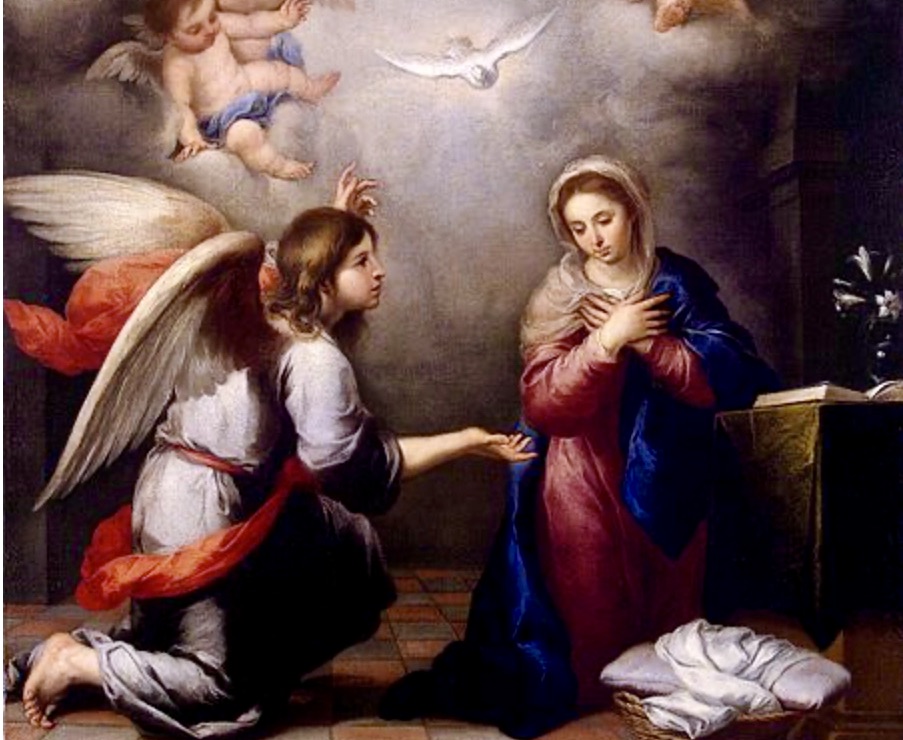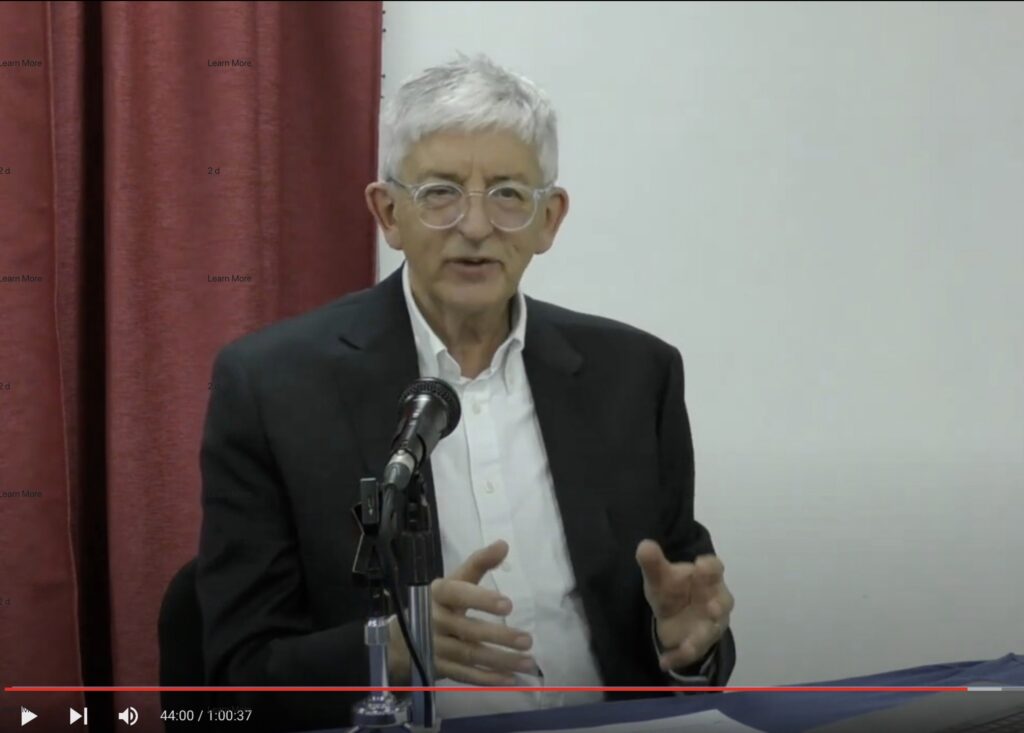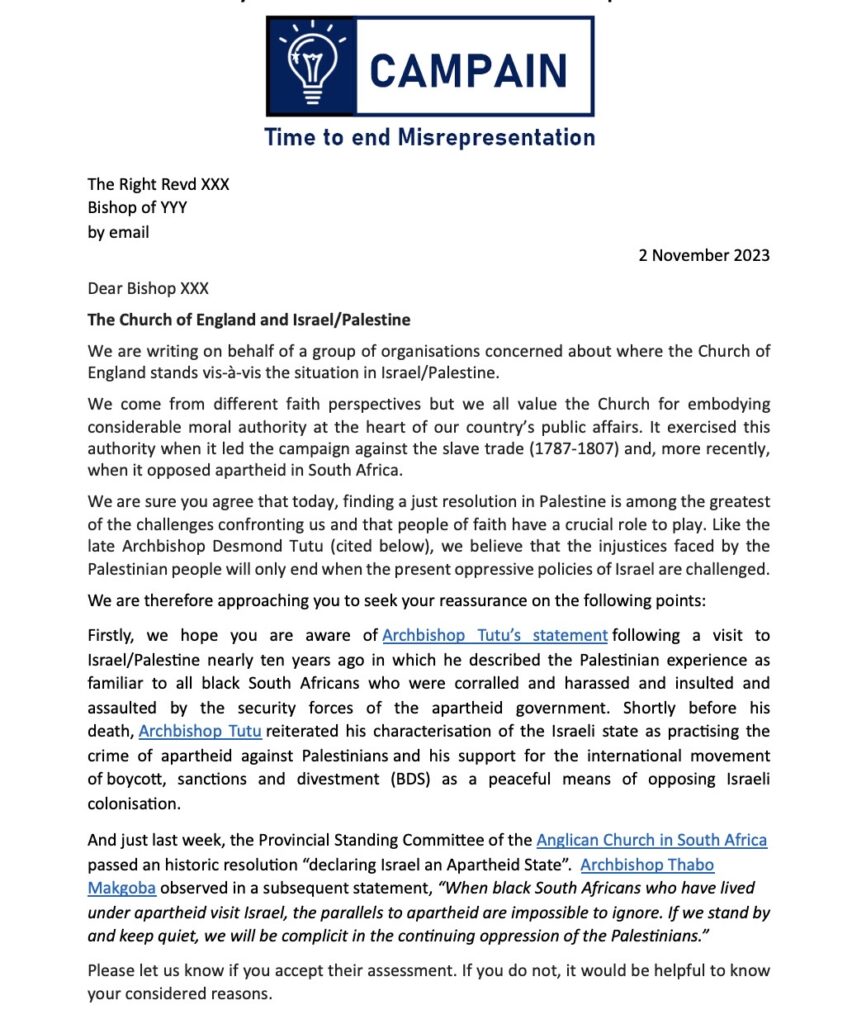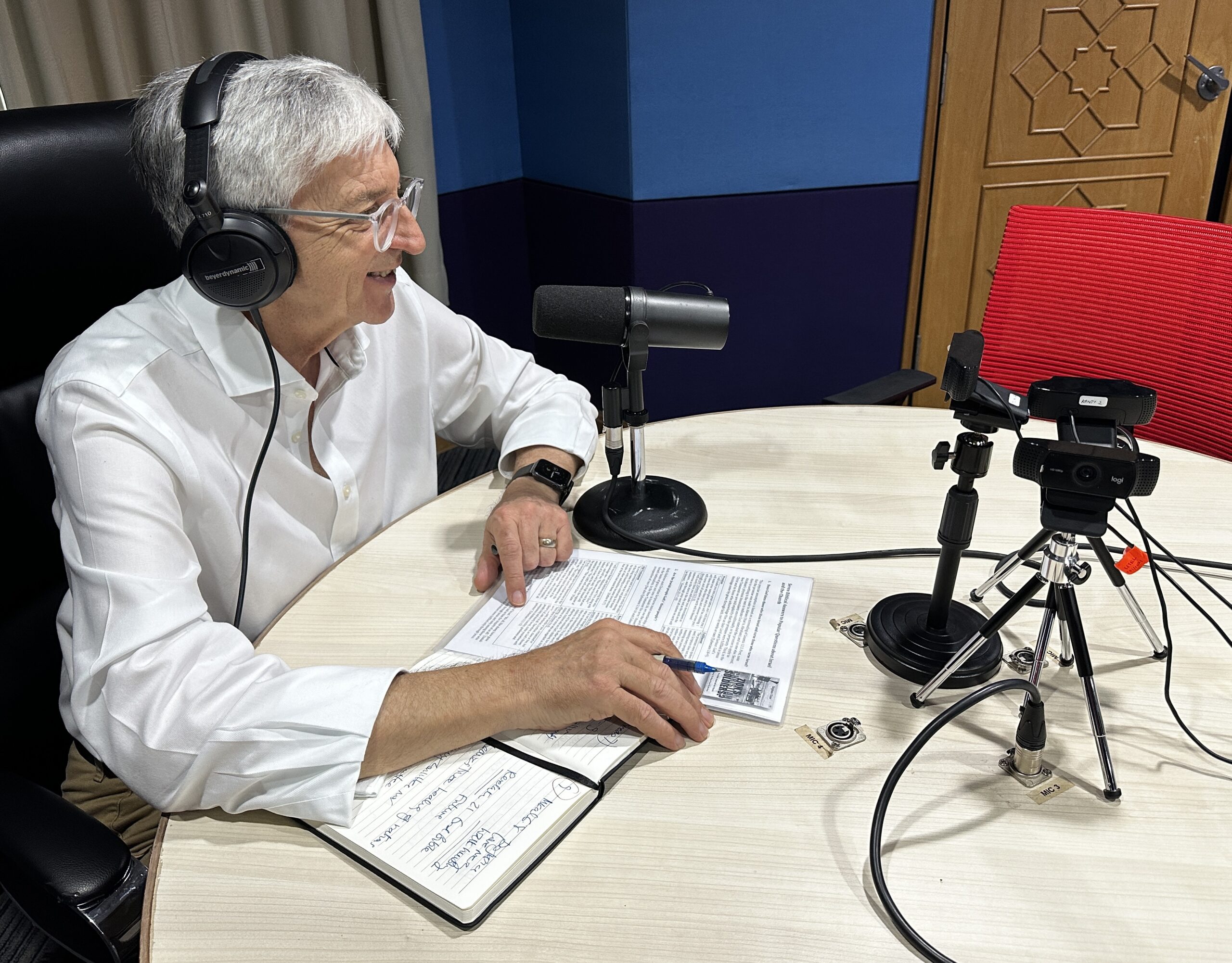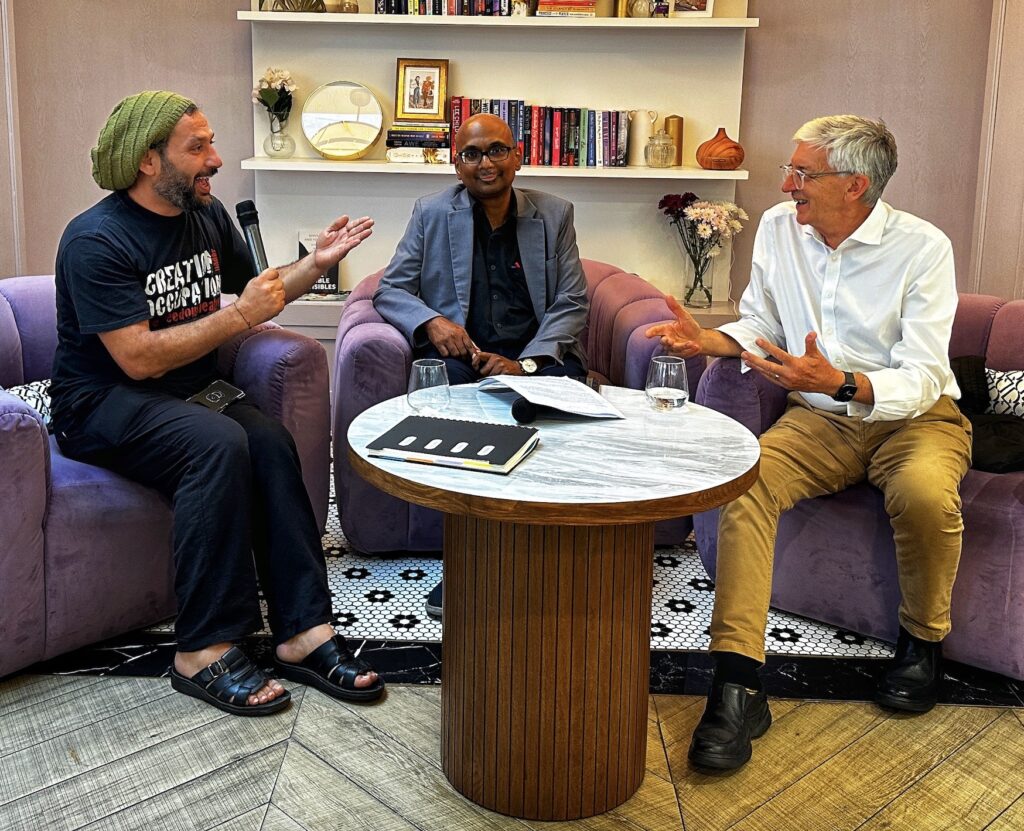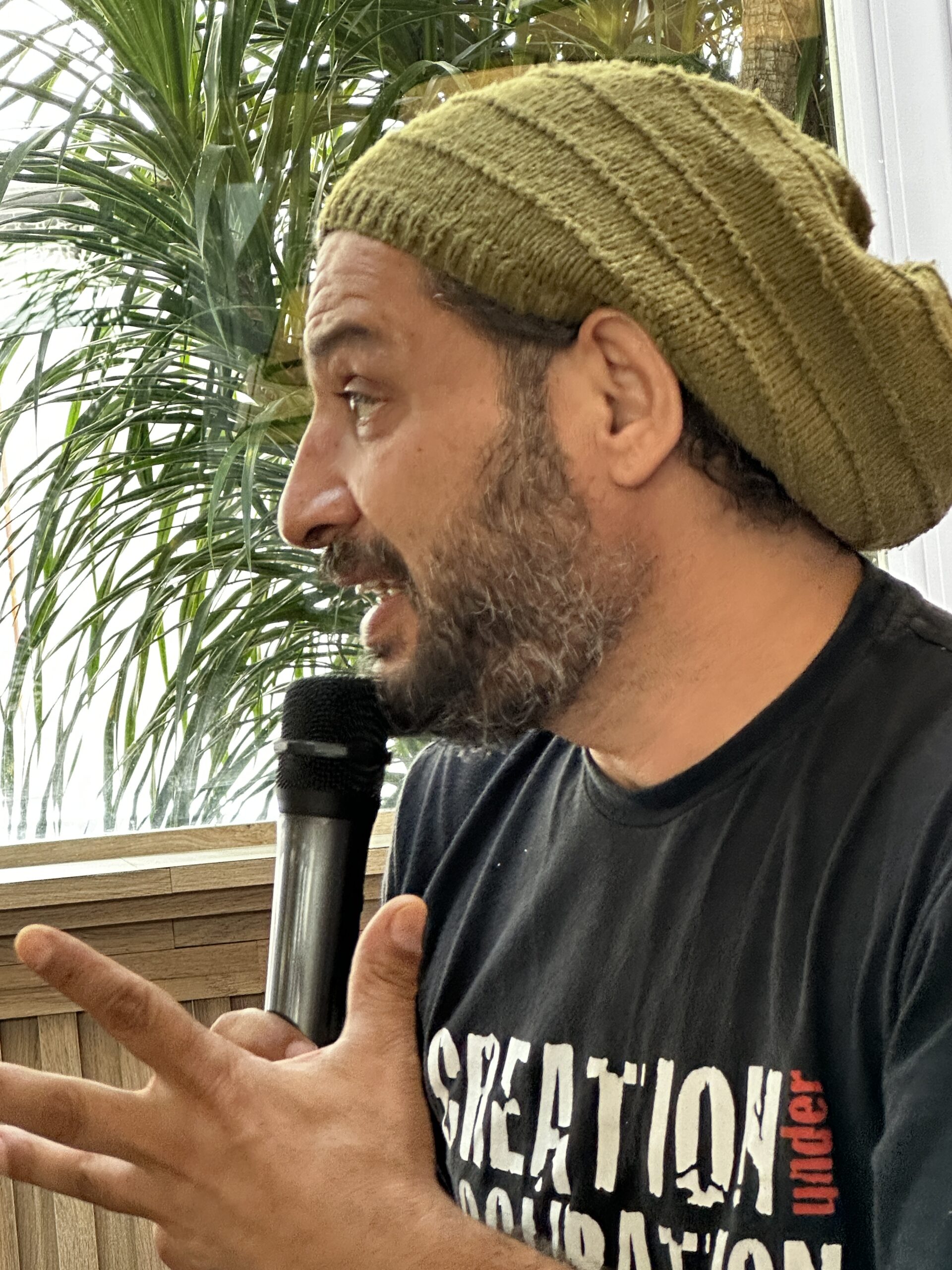
The Psalms have a unique place in scripture. They have been likened to a hymn book. But not just any old hymnbook. Whether we feel like worship or not, as we begin to recite the verses of the psalms, something begins to happen in our hearts. It is as if the saying of the words draws us in to praise. John Piper says, “Thanksgiving with the mouth stirs up thankfulness in the heart.”[1]
I don’t know about you, but I cannot read more than a few verses of Psalm 148 without wanting to sing the beautiful hymn “All Creatures of our God and King”. It was written by William Henry Draper, based on a poem by Francis of Assisi, and set to a tune composed by Ralph Vaughan Williams. But as we sing, or say, the words of this psalm, I also confess that I smile at the absurd idea that somehow we human beings can instruct the angels, the sun and moon, the weather, the mountains, the seas, reptiles, birds and animals, to praise God. Why? Because the scriptures tell us this is something which they already do, naturally and instinctively, all the time. [2]
Continue reading
